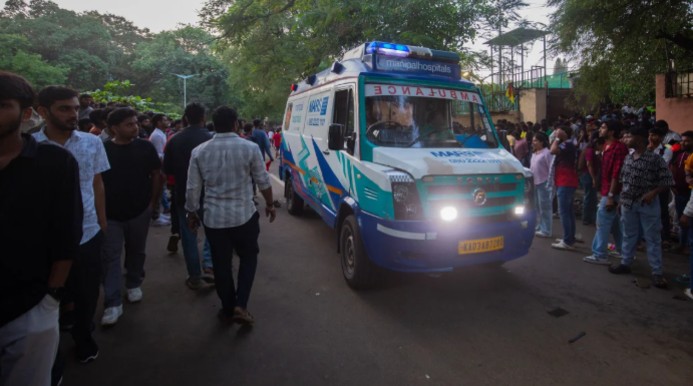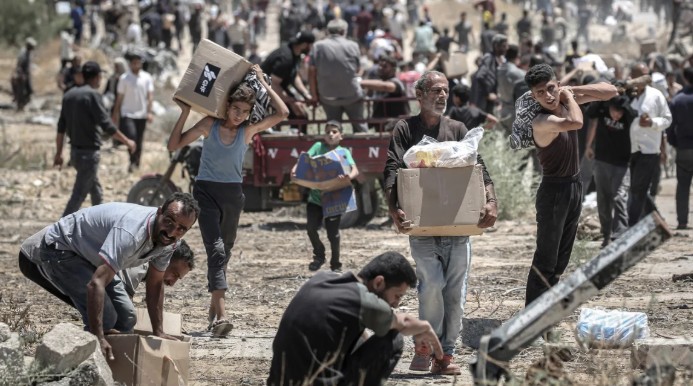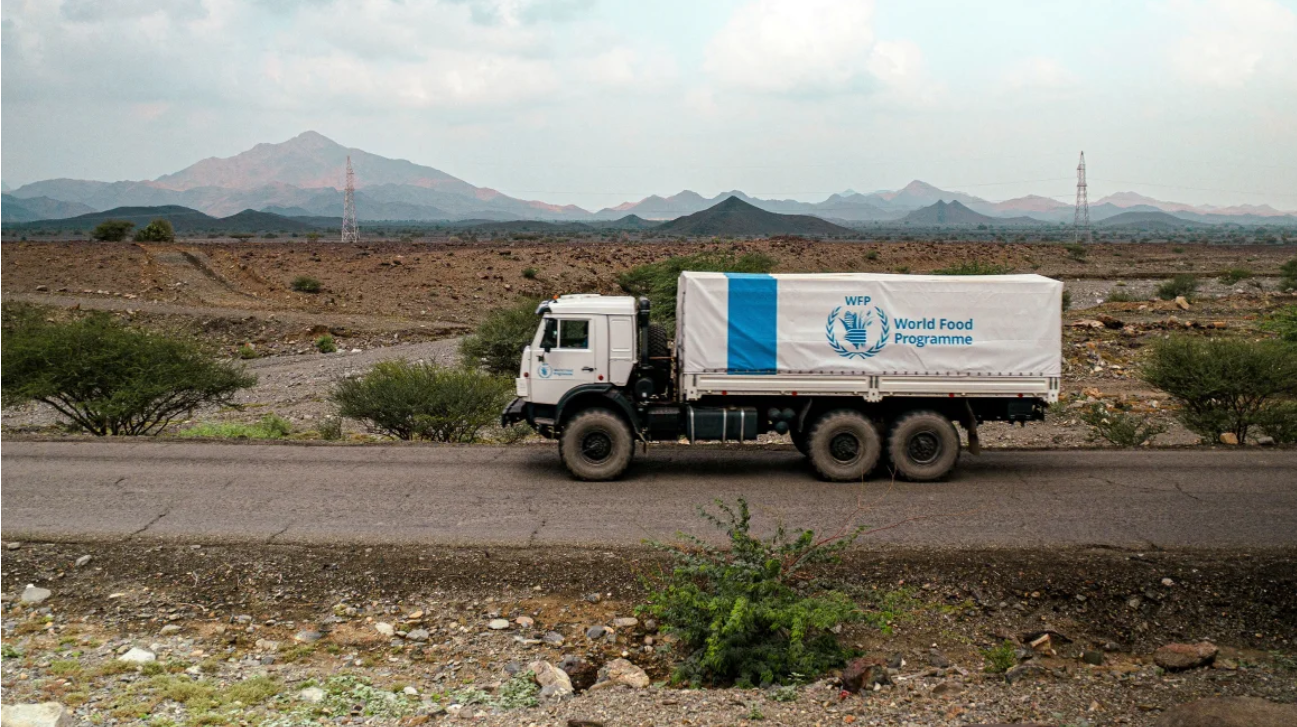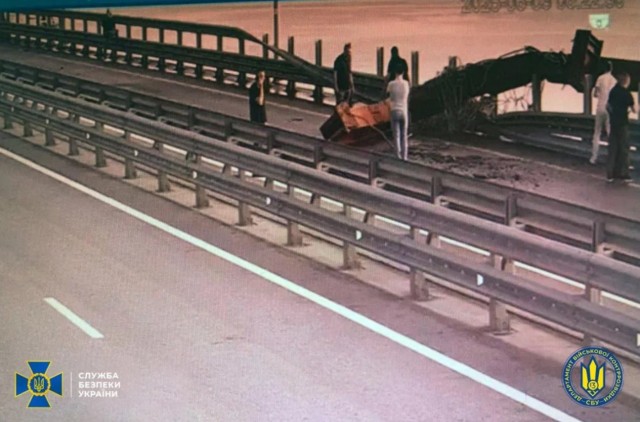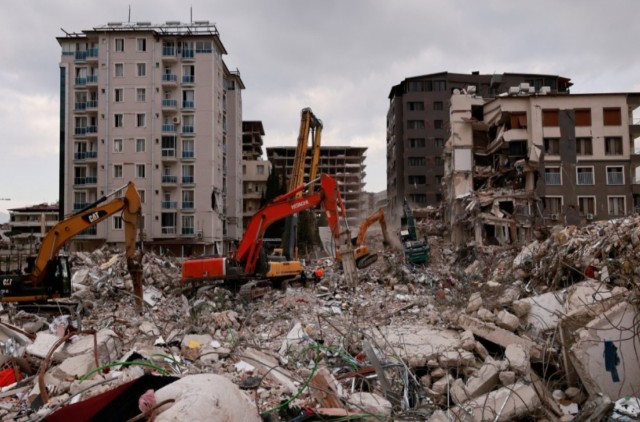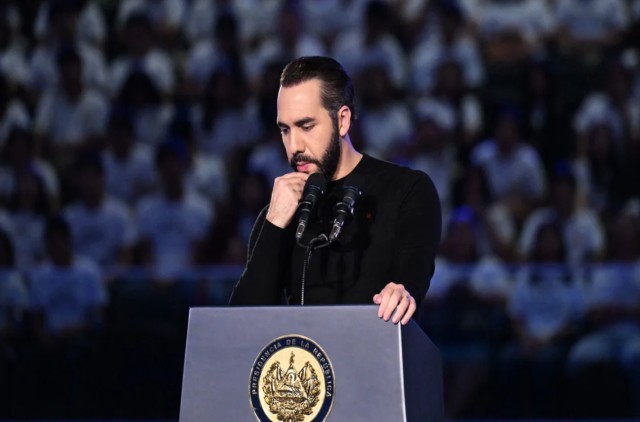
Many Palestinians who fled from other regions are now taking refuge in Gaza City. BBC
Israel has issued a massive evacuation order in Gaza. Many parts of Gaza City, already damaged by heavy bombings, are now marked unsafe. People taking shelter in those areas were told to leave quickly before new Israeli strikes begin.
The list includes buildings like the Islamic University, Al-Shifa Hospital, and three former schools. Israel says Hamas uses them to control operations. But aid groups and local authorities say thousands of innocent people, including families and children, are hiding there. They say leaving will take time and could lead to many deaths.
Bigger Military Operation Ahead
This move signals Israel might expand its military action in Gaza. Former Israeli Prime Minister Ehud Olmert is one of the few Israeli leaders speaking out. He said, “Most Israelis are against what is happening.” He claimed many army commanders want to end the war now.
Olmert has often criticized Prime Minister Netanyahu. He warned the war is hurting Israel’s spirit, economy, and global image. He also spoke about the suffering in Gaza. “It’s totally intolerable, unacceptable and unforgivable,” he said. He called for urgent help to avoid famine and to meet basic needs.
Concern From Around the World
Voices around the world are also speaking up. Aid groups and international leaders say the situation is becoming too severe. One foreign president called Israel’s actions in Gaza “shameful.” Netanyahu responded harshly, accusing him of “standing with Hamas.”
For the past 10 weeks, Israel has blocked food, medicine, and fuel from entering Gaza. A UN report says Gaza's 2.1 million people now face a serious risk of famine. The World Health Organization warns this could harm an entire generation.
Israeli spokesman David Mencer claimed, “Israel is certainly not starving Gaza.” He said, “There is hunger, but Hamas is to blame. There is food in Gaza. There is no famine.”
Bombing and Deaths Continue
Since March 18, Israel has restarted airstrikes. According to Gaza’s health ministry, these attacks have killed 2,799 people. On Wednesday alone, 80 were killed. Experts also say powerful bombs hit a hospital recently.
Peace Talks Struggle
Some still hope for a ceasefire. A new peace plan backed by the US may lead to calm in exchange for the release of some hostages. But Netanyahu refuses to stop the war. Hamas, on the other hand, says it won’t free hostages unless Israel agrees to a full ceasefire and pulls out of Gaza.
Ex-Hostages Speak Out
On Wednesday, 67 former hostages signed a letter asking Netanyahu to make a full deal with Hamas. They urged the government to bring all hostages home, even if it means stopping military action. “The majority of Israeli society wants the hostages home,” the letter said.
This comes after the recent release of 21-year-old Edan Alexander. Hamas said it freed him as a goodwill gesture to Donald Trump, who is currently in the region. The former hostages urged Trump to keep pushing for peace.
A poll in April found that 68% of Israelis supported a hostage deal, even if it meant ending the war. But Netanyahu still says the war must go on. An official close to him said, “There is no change in the PM’s position – we will not allow an end to the war.”
War’s Deadly Toll
This war began after Hamas launched an attack on October 7, 2023, killing around 1,200 people and taking 251 hostages. Since then, at least 52,928 people have died in Gaza, according to the local health ministry.





